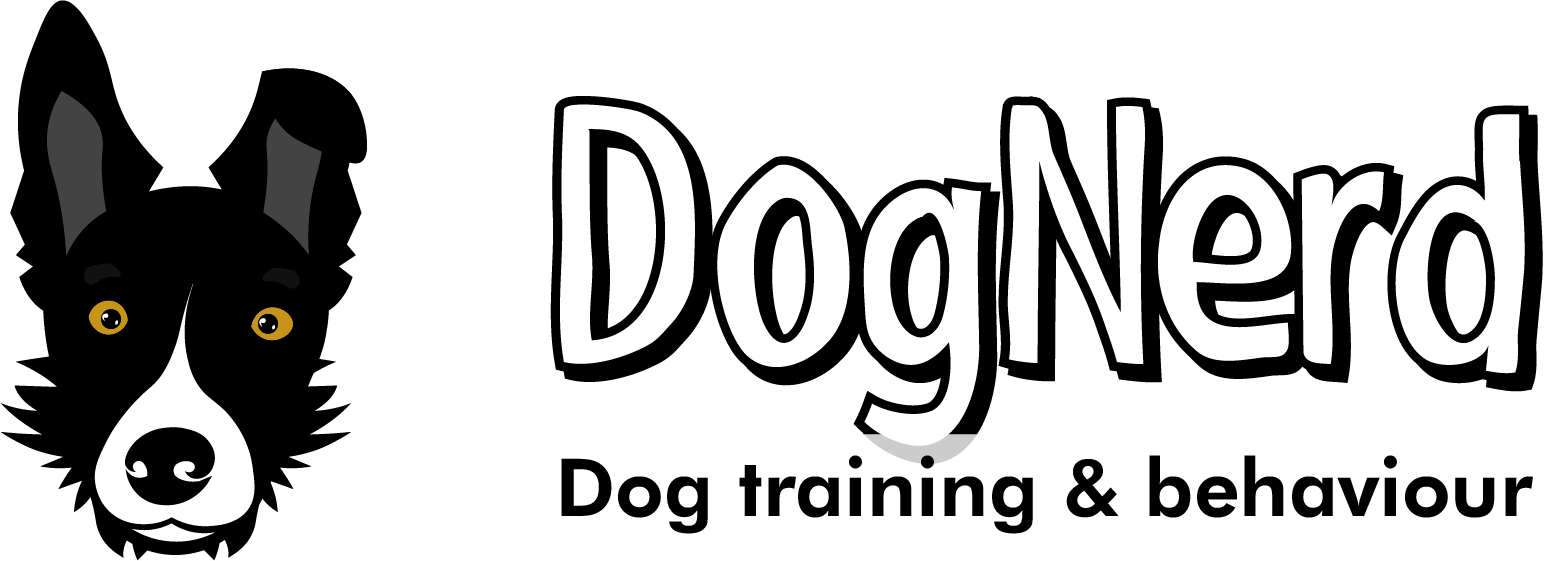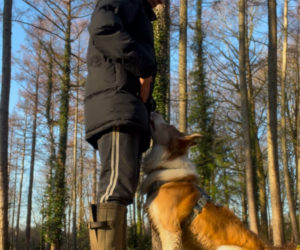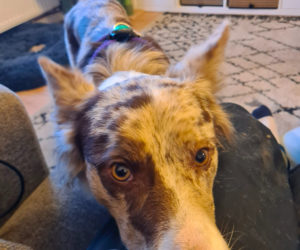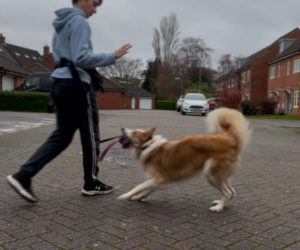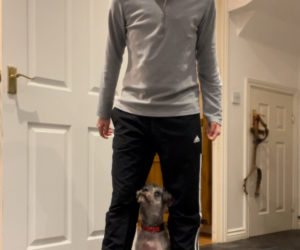Preventing Reactivity in Young Dogs: Key Strategies for Success
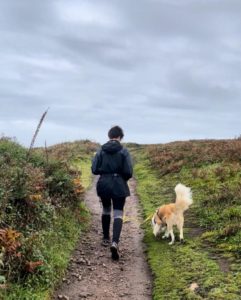
Reactivity in dogs can be a complex issue with multiple contributing factors. Even with the best intentions and practices, some dogs may still develop reactive behaviors. However, there are proactive steps we can take, especially with young dogs, to minimise the chances of reactivity developing. Setting our dogs up for success from an early age is often the best way to go! Let’s explore some crucial tips for raising a well-adjusted dog.
1. Controlled Greetings and Interactions
Allowing your young dog to greet every person or dog they encounter can create unrealistic expectations. When these expectations aren’t met, and they are restrained from engaging in a greeting, it can lead to frustration, often expressed through barking and lunging. To prevent this, it’s important to teach our dogs that not every encounter leads to a greeting: sometime we greet, sometimes we ignore!
2. Smart Socialisation Strategies
Socialisation is important, and it’s even more important to approach it correctly. Focus on quality rather than quantity of interactions. Overwhelming your young dog with too many intense social experiences can lead to fear and anxiety, potentially resulting in reactive behaviors. Carefully observe your dog’s responses to ensure that their socialisation experiences are positive or neutral, avoiding situations that induce fear or overwhelm.
3. Balanced Dog Interactions
Not every dog interaction needs to be a high-energy play session. It’s beneficial for young dogs to learn a range of social behaviors, including calm coexistence. Activities like walking together, where dogs can share space without direct interaction, are excellent for teaching young dogs that other dogs aren’t always the most exciting thing in the world. This balance helps them develop a more relaxed demeanor around other dogs.
Raising a young dog to be well-adjusted and non-reactive involves more than just love and play. It requires thoughtful management of their experiences and interactions. By focusing on controlled greetings, smart socialisation, and balanced interactions, you can significantly reduce the chances of reactivity issues developing. If you’re unsure or have questions about your young dog’s behaviour, don’t hesitate to reach out to a qualified and ethical professional. At DogNerd, we’re here to guide you through the challenges of puppyhood and beyond.
Contact DogNerd for Expert Guidance in Raising Well-Behaved Dogs
Website: dognerd.uk
Email: info@dognerd.uk
Phone: 07555 514 596
Empowering Owners, Transforming Dogs – DogNerd.
See how we can help
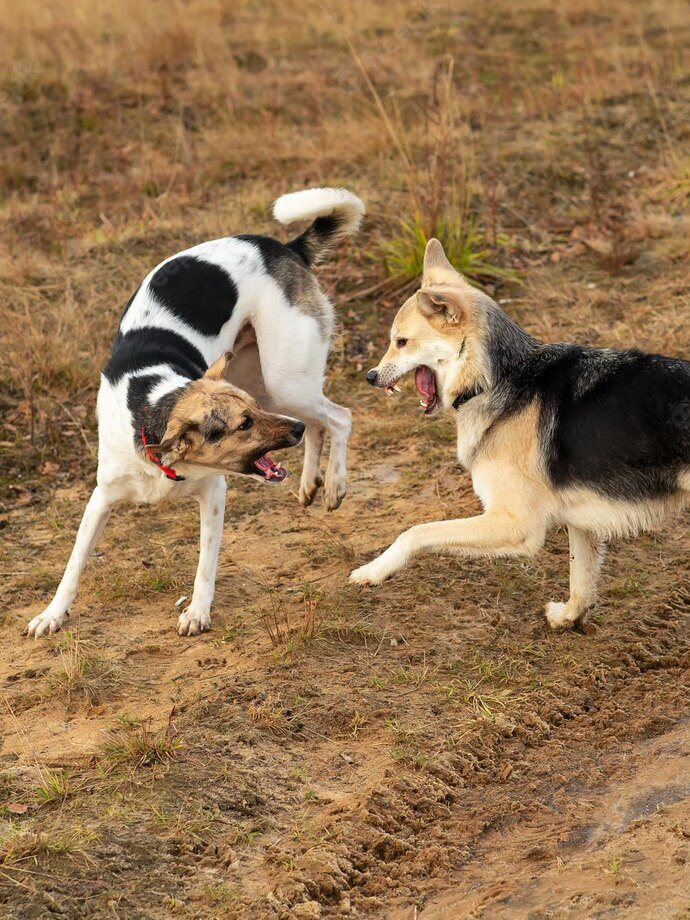
Behaviour rehabilitation
Many behaviour problems are linked to how your dog is feeling. Fear, anxiety and pain all influence how well your dog is able to cope with his environment and routines.
Dog training
Dog training is offered for all dogs: puppies, adolescents, seniors and newly adopted rescue dogs.

Book A Free Consultation Call
Unsure on where to start? I don't blame you, finding the right dog trainer can be a challenge in itself. Book a FREE 30 minute consultation call to find out more about how I work and how I can help you with your dog!
Given the dedication required to provide each dog and their owner with the personalised attention and training they need, I am only able to work with a limited number of clients at any given time. I sincerely believe in offering my services only when I am confident in my ability to deliver the outcomes you're seeking for your dog.
Related posts
Tips & Tricks is dedicated to providing every mama and papa with exclusive advice and information on how to take care and deal with their furry friends.
